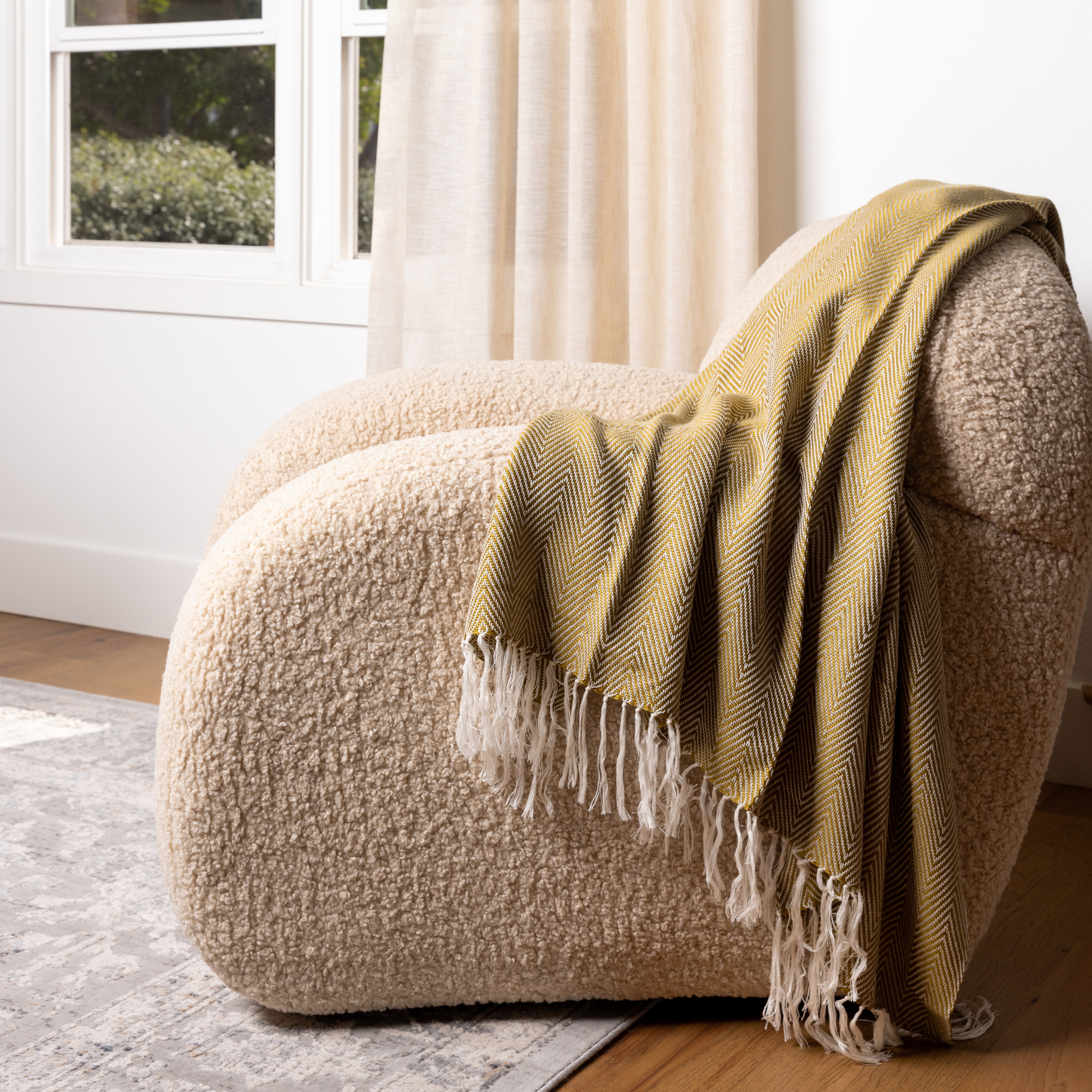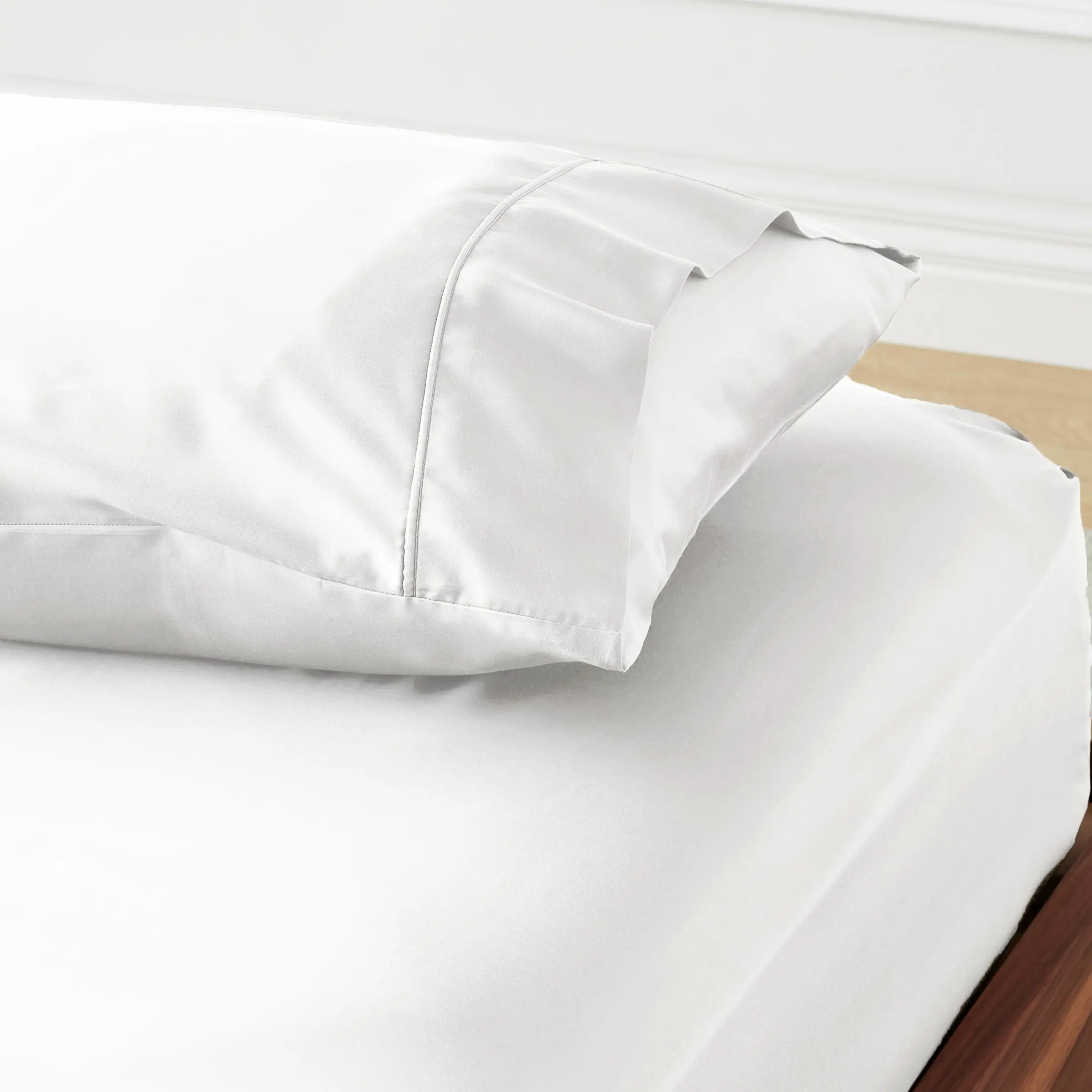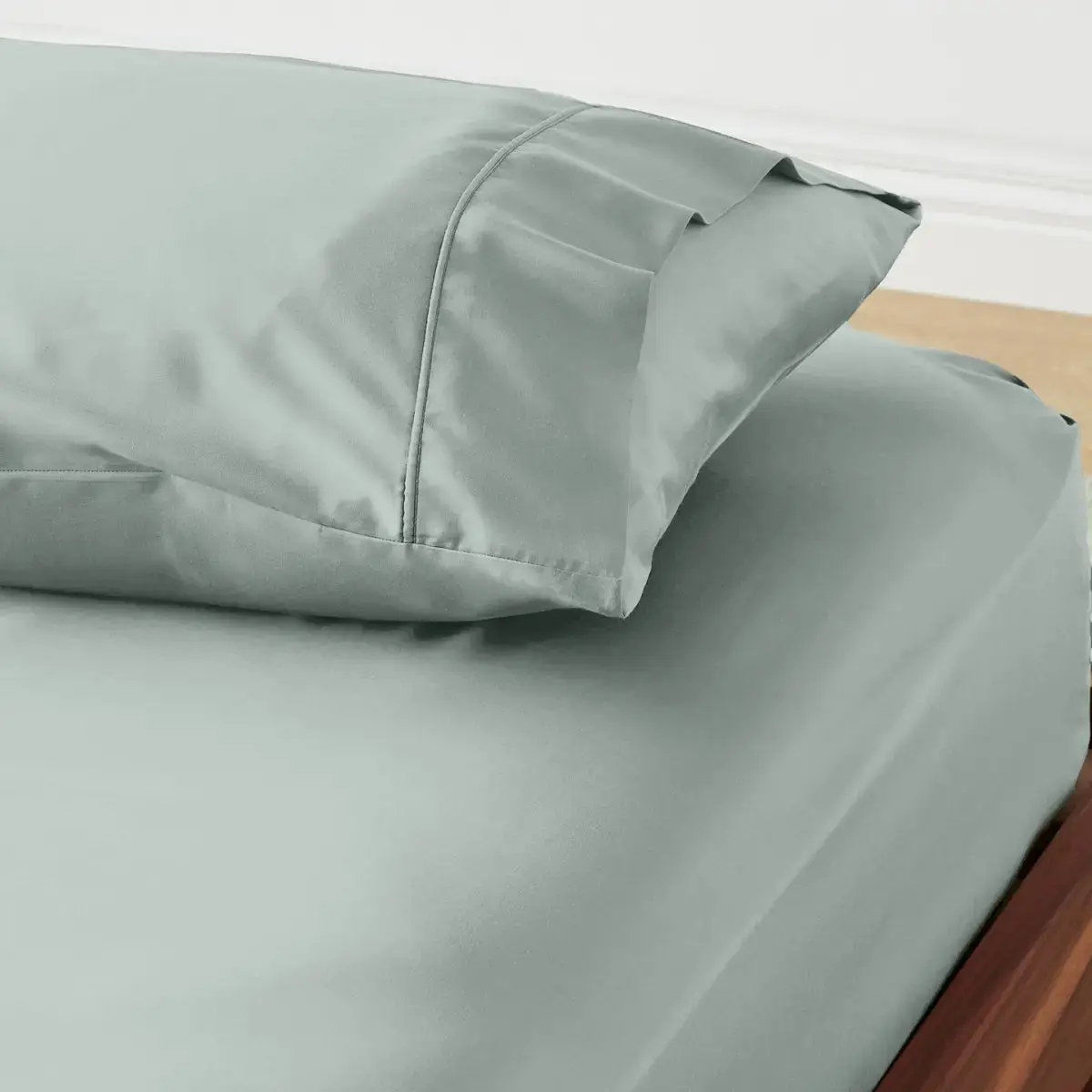Sensitive skin can be challenging, as it requires extra care and attention to ensure that we don't aggravate any existing skin conditions. One area that often gets overlooked is our bedsheets. Yes, you heard it right—the material we sleep on can significantly impact our skin health. In this ultimate guide, I will walk you through the bedsheets to avoid sensitive skin, helping you make informed choices for a comfortable, irritation-free sleep.
Sensitive skin is characterized by a heightened reaction to external factors. It is prone to redness, itching, and irritation, especially when exposed to certain materials or chemicals. Identifying the triggers for your sensitive skin is crucial to minimize discomfort and maintain healthy skin. Common triggers include allergens, fragrances, dyes, and rough textures. By understanding what sets off your skin, you can make better decisions when selecting bedsheets.
The importance of choosing the right bed sheets for sensitive skin
When it comes to sensitive skin, every little detail matters. The bedsheets we sleep on are in direct contact with our skin for hours, making choosing the right material and quality essential. Opting for the wrong bed sheets can lead to skin irritation and rashes and even exacerbate conditions such as eczema or psoriasis.
Investing in bedsheets specifically designed for sensitive skin can make a difference. These bedsheets are typically made from hypoallergenic materials and are free from harsh chemicals and dyes that can trigger reactions. Choosing the right bed sheets can create a safe and comfortable environment for your skin to rest and rejuvenate, promoting overall skin health.
Common bed sheet materials to avoid for sensitive skin
Not all bedsheets are created equal, and some materials are more likely to irritate sensitive skin. Here are some common bedsheet materials to avoid if you have sensitive skin:
Synthetic materials that can irritate sensitive skin
Synthetic materials such as polyester or nylon may feel soft to the touch, but they can be problematic for sensitive skin. These materials do not allow the skin to breathe properly, leading to sweat accumulation and potential irritation. Additionally, synthetic materials can trap allergens and dust mites, further aggravating sensitive skin. It is best to steer clear of bed sheets made from these materials if you have sensitive skin.
Bedsheets with harsh dyes and chemicals to steer clear of
Brightly colored or vibrantly patterned bedsheets may be visually appealing, but they often come at a cost for sensitive skin. These bed sheets are often treated with harsh dyes and chemicals that can cause irritation and allergic reactions. To avoid potential skin issues, opt for bed sheets free from artificial dyes or chemicals and go for natural and organic options.
Bedsheets with rough textures that can aggravate sensitive skin
While some people may enjoy the feel of rough-textured bed sheets, those with sensitive skin should avoid them at all costs. Rough materials such as flannel or certain types of cotton can cause friction against the skin, leading to redness, itching, and discomfort. Instead, choose bed sheets made from soft and smooth materials like silk or bamboo, which are gentle on sensitive skin.
Natural and hypoallergenic alternatives for sensitive skin
Now that we know which bed sheet materials to avoid, let's explore some natural and hypoallergenic alternatives that are ideal for sensitive skin:
Silk bedsheets for ultimate comfort
Silk is a luxurious fabric that feels amazing against the skin and is hypoallergenic. It is naturally temperature-regulating, keeping you cool in the summer and warm in the winter. Silk bed sheets are gentle on sensitive skin and help retain moisture, preventing dryness and irritation. Investing in silk bed sheets is a great way to pamper your skin and enhance your sleep experience.
Bamboo bed sheets for breathability
Bamboo bedsheets have gained popularity in recent years for a good reason. They are incredibly soft, hypoallergenic, and highly breathable. Bamboo fibers have natural moisture-wicking properties, making them ideal for those with sensitive or easily irritated skin. These bedsheets are also resistant to dust mites and allergens, reducing the risk of skin irritation. Bamboo bed sheets are also an excellent choice if you prefer a sustainable and eco-friendly option.
Organic cotton bed sheets for a natural touch
Organic cotton bed sheets are another great option for sensitive skin. Unlike regular cotton bedsheets, organic cotton is grown without pesticides or harmful chemicals. This means your skin is not exposed to any potential irritants or allergens. Organic cotton is also softer and more breathable than its conventional counterpart, ensuring a comfortable and irritation-free sleep.
Tips for maintaining and caring for bedsheets for sensitive skin
Now that you have chosen the perfect bedsheets for your sensitive skin, it is essential to maintain and care for them properly. Here are some tips to ensure your bedsheets stay in top condition:
-
Wash your bedsheets regularly using a mild, fragrance-free detergent. Avoid using harsh chemicals or bleach, as they can irritate sensitive skin.
-
When drying your bedsheets, opt for a gentle wash cycle and avoid high heat. Excessive heat can damage the fabric and cause shrinkage.
-
Consider using a hypoallergenic fabric softener or dryer sheets to minimize potential skin irritation further.
-
Store your bedsheets in a cool and dry place to prevent mold or mildew growth.
-
Avoid fabric sprays or fresheners that contain strong fragrances, as they can trigger allergic reactions.
Conclusion: Finding the perfect bedsheets for your sensitive skin
Caring for sensitive skin requires attention to detail, including choosing the right bed sheets. You can create a comfortable and irritation-free sleep environment by avoiding materials that can irritate sensitive skin, opting for natural and hypoallergenic alternatives, and following proper care guidelines. Remember, investing in the right bed sheets is an investment in your skin health. So go ahead, explore the options, and find the perfect bed sheets to help you wake up with happy and healthy skin.






























































































